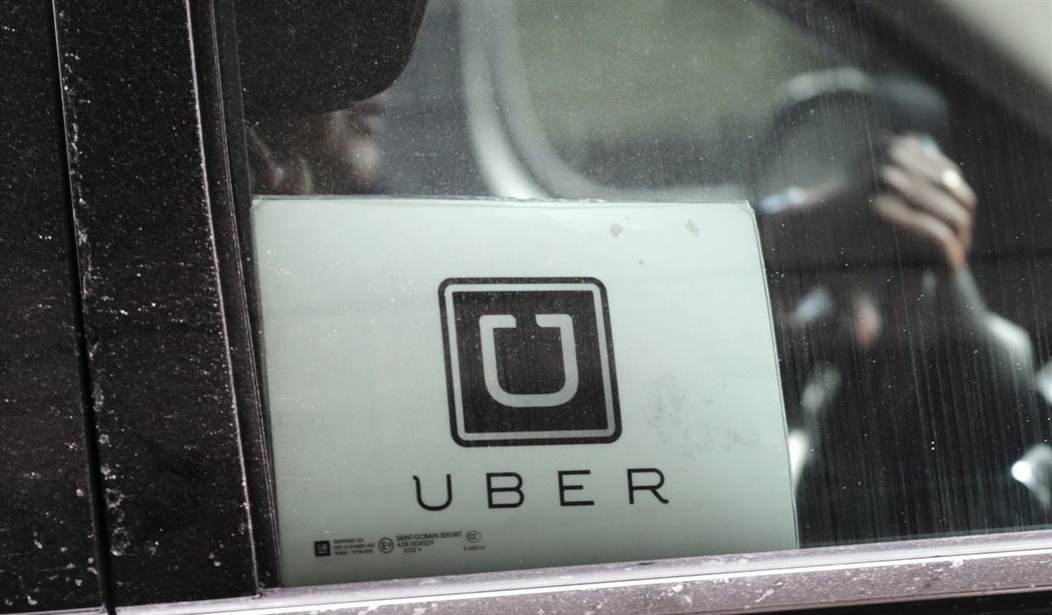The last Department of Labor (DOL) jobs report set off national alarm bells and sent a shiver down the spine of the American economy. DOL should be laser-focused on job creation. Instead, as jobs numbers fell of the cliff, DOL blocked a carefully crafted and popular rule designed to spur entrepreneurship of the growing gig economy and replace it with absolutely nothing! Blocking the independent contractor rule will make life more difficult for millions of Americans to be self-employed, control their own careers, and set their own hours. These entrepreneurs work for a myriad of digital platforms, companies such as Uber and DoorDash, but we often forget the journalists, illustrators, authors, adjunct faculty, actors and many, many other occupations in the independent contractor category. This decision unnecessarily introduces economic uncertainty, slows growth, and hampers job creation in an ascending sector of our economy.
The rule the Biden DOL announced it would block clearly laid out a test for distinguishing between an employee and an independent contractor under the Fair Labor Standards Act. Rather than seeking to expand or shrink either classification, the rule largely relied on long-standing Supreme Court precedent to preserve the distinction that guarantees desired protections for employees, while maintaining flexibility for those independent contractors who choose to pursue alternative work arrangements. The rule appropriately identified key factors to determine a worker’s classification.
What is it about regulators in Washington, DC who observe something clearly working in practice and wonder if it would actually work in theory? Think about the millions of Americans—from all walks of life and in every state successfully managing their lives and competing in an ever-changing economy only to be told by a government agency in Washington, DC to cease and desist. Gig workers are here to stay—they are an ideal fit for the changes occurring in workplaces and the continuing desire of individuals to have greater control over their own lives—and businesses understand and are as accommodating as possible.
Just like regulators in Washington D.C., last year legislators in California decided to change the successful independent contractor model operating in that state by passing AB 5 that sharply regulated how companies could work with contractors and freelancers. But the legislators forgot to check with the workforce and last November over 58 percent of California voters —including a majority in Los Angeles County—voted to rescind AB 5.
Recommended
The entrepreneurs and companies that have emerged in the 21st century to develop and expand today’s gig economy are among the most innovative minds in American business history. They rank up there with Henry Ford, Ray Kroc and Steve Jobs. Many of them are new arrivals to our country or first-generation Americans.
In the year 2021, for the DOL to shut one’s eyes to the permanent emergence of gig workers, freelancers, independent contractor or whatever you want to refer to them as would be like DOL in the 1930s overlooking the emergence of assembly lines or DOL in the 1980s discounting the arrival of personal computers. DOL should be looking through its windshield—not its rearview mirror when making decisions impacting a vast and growing segment of the American workforce. (Message to DOL: Google the phrase “working remotely”).
Labor unions cannot relate to 21st century workers because they are largely led by 75-year-old guys who haven’t organized a worksite in 40 years. But DOL is the Department of Labor—not the Department of Organized Labor and it needs to adapt to the changes that are naturally happening in the American economy as we compete in a global marketplace. The 6 percent of the private sector workforce labor unions represent should not be dictating to the 94 percent of the workforce they don’t represent.
With harbingers like the April jobs report fresh in our minds, we should be weary of very narrow interests dominating the Biden DOL. Job creators and workers alone may not be able to rein in the D.C. regulators, so Congress and the courts may need to step-up and put a stop to DOL’s excessive mischief into America’s economy.
Patrick Pizzella served as deputy secretary of labor from 2018 to 2021 and assistant secretary of labor for management and administration from 2001 to 2009.

























Join the conversation as a VIP Member